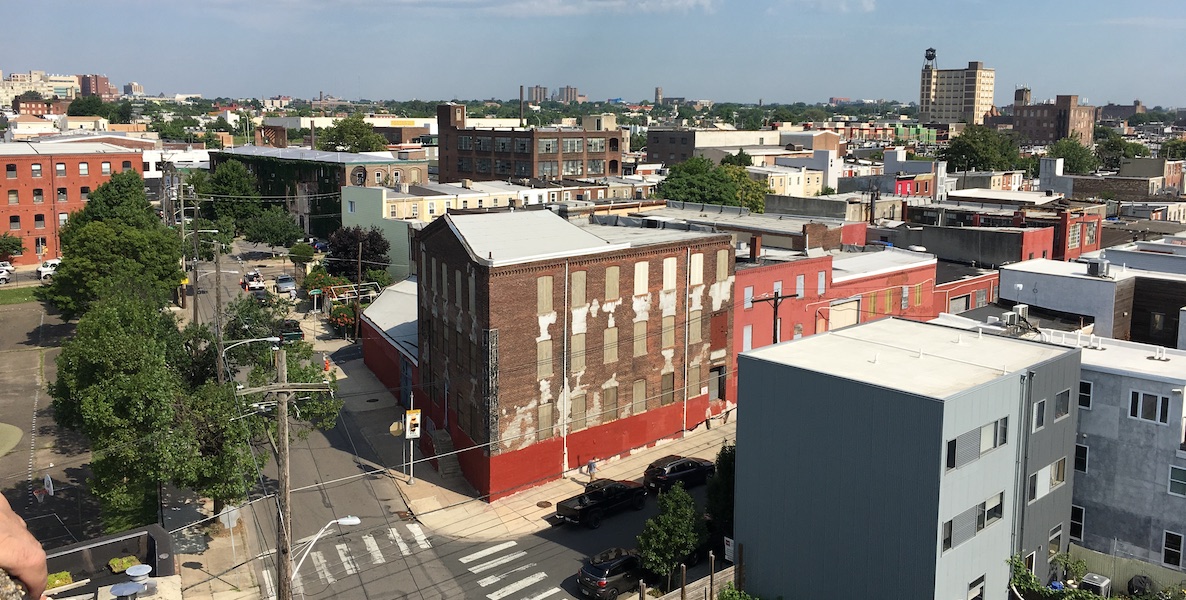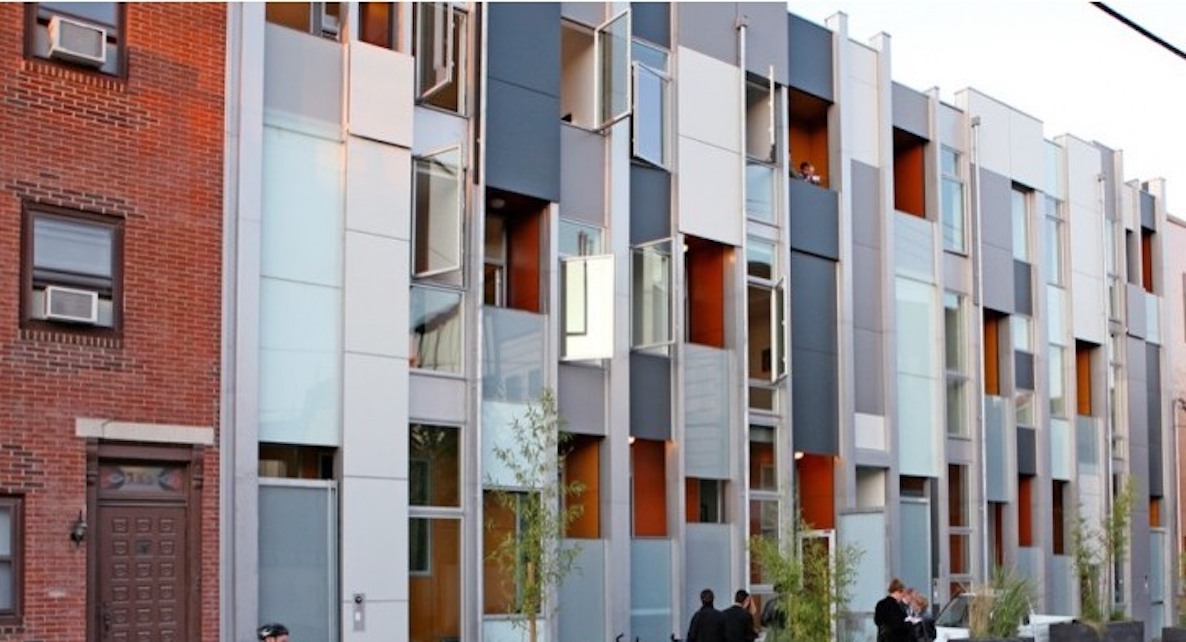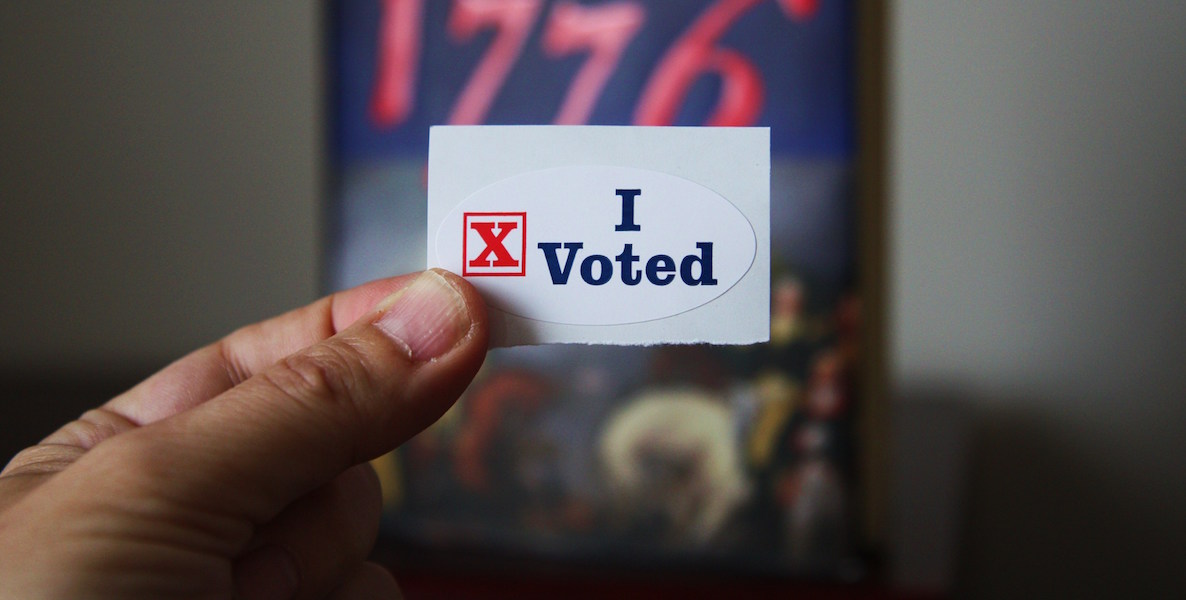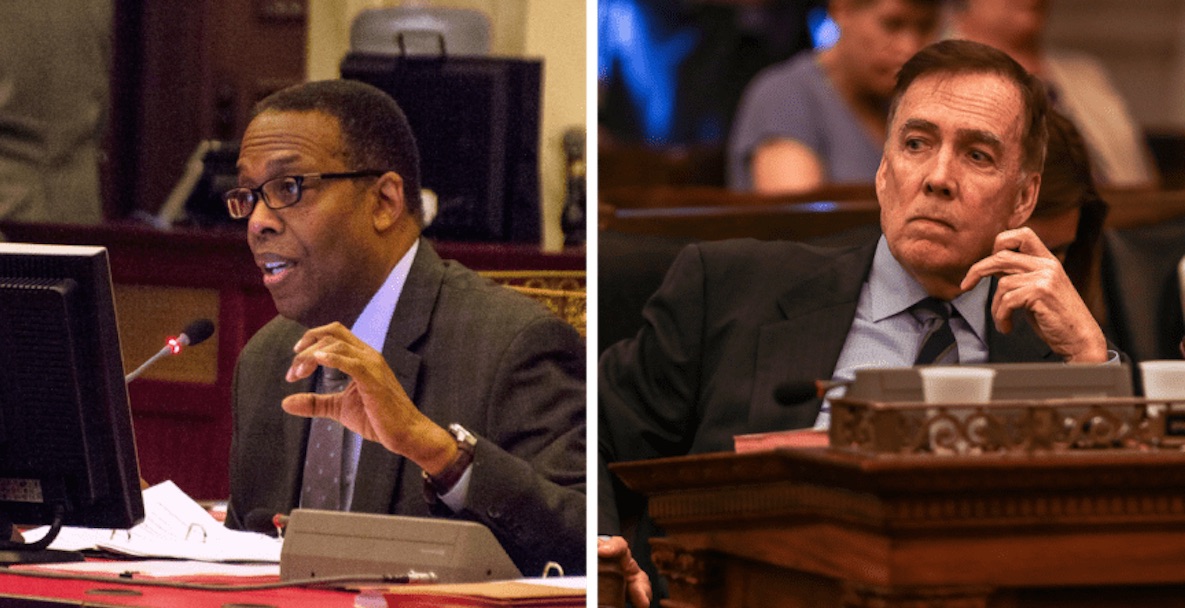A week before the May primaries, Council President Clarke and 10th District Councilor Brian O’Neill introduced a little-noticed resolution creating a new Council-controlled Zoning Code Review Commission that will be tasked with making big changes to the reformed zoning code passed fewer than 10 years ago in 2011. The Commission would be staffed entirely by Clarke and O’Neill, two of Council’s most retrograde housing thinkers, rather than going through the official process that voters adopted in a 2007 Charter change for these kinds of commissions—the Zoning Code Commission.
The Commission is supposed to work over the summer through early fall and deliver a set of recommendations in October that will likely recommend doubling parking requirements, downzoning neighborhoods in the path of growth, and giving City Council more control over the make-up of the Zoning Board of Adjustment (ZBA)—the powerful body that decides zoning variance cases—and the extent of the ZBA’s powers to approve certain types of housing.
The political context for the new commission is that Council President Clarke and Councilor O’Neill want to reverse many of the more progressive and pro-sustainability changes that were passed in the big zoning code reform package that Council adopted in 2011, which gave Philadelphia a true by-right zoning process that was finally usable, and which generally made it easier to build more car-lite and car-free infill housing in growing neighborhoods.
![]()
Council’s housing reactionary caucus, which typically includes Clarke, Bill Greenlee, Jannie Blackwell, Brian O’Neill, Kenyatta Johnson, and occasionally others, never got on board with this even conceptually, and they’ve been trying to undo it since before the ink was even dry on the new law. So this is a last gasp by the housing reactionaries to try and turn back the clock on the code before they really lose the votes to do all their favorite things in January.
![]()
With housing reactionaries Greenlee and Blackwell exiting Council in the next session, and housing progressives Jamie Gauthier and Katherine Gilmore-Richardson coming in, it’s unlikely Clarke will be able to find nine votes for what he wants to do come January, if he ever could. Even with the current breakdown of zoning opinions on Council, which slightly favors the reactionaries, Clarke, Greenlee, and Blackwell still weren’t able to find nine votes for an earlier bill to double minimum parking requirements—a regressive tax that makes housing more expensive, and that City Councils in a growing number of our peer cities like San Francisco and Minneapolis have recently voted to eliminate completely.
So with nine votes for a big zoning reform rollback looking much less likely come January, Clarke and O’Neill are making a mad dash to pass a misguided package of changes that only Council’s housing reactionary caucus will get any say over. As Jake Blumgart reports, Clarke and O’Neill are picking all the Commission members, which will mostly be Council members and staff (except not the ones Clarke disagrees with like Mark Squilla), some outside people who those two approve of, and definitely not the Planning Commission. Council actually passed the resolution creating the new commission without even so much as talking to the Planning Commission about it.
Clarke and O’Neill are making a mad dash to pass a misguided package of changes that only Council’s housing reactionary caucus will get any say over.
In addition to the misguided priorities and slanted process, another big problem with this effort is that Philadelphia voters already approved an official process for making big sweeping zoning code changes—the Zoning Code Commission.
![]()
The last go-round was a result of a Charter change voters approved in 2007, creating a 31-member Zoning Code Commission to rewrite the zoning code, streamline and substantially depoliticize the permitting process for building, and standardize neighborhoods’ role in planning, and reviewing zoning variances.
The Zoning Code Commission—which had defined seats for different professions, and a set number of seats to be chosen by the Mayor and Council members—spent about 4 years on the zoning code rewrite. But when its recommendations were finalized and the bill became law, the Zoning Code Commission didn’t fully go away, it just went dormant. Because it was created by a Charter change, it’s still there in the Charter, with a specific process for getting the band back together laid out in section 4-1300(c):
(c) After issuing its report, the Commission shall thereafter be reconvened only as directed by a resolution of the Council adopted by a two-thirds vote of all the members of the Council, provided that no such resolution reconvening the Commission shall be adopted until at least five years have elapsed since the date the Commission adopted its last report. Within sixty days after adoption of such a resolution, new members of the Commission shall be selected in accordance with the selection process set forth in Section 3-808, provided that any former member of the Commission may be reappointed as a member of the Commission.
This is a sensible process for making big changes to many parts of the new zoning code, especially because a diversity of viewpoints is required in the rules—if they go back and do this the right way it’s not just going to be Clarke, O’Neill, and some of their friends agreeing with them. If they went through the official process they’d actually have to talk to the Planning Commission and persuade them on the merits of their ideas because Planning would also have a vote on the final recommendations.
This is the breakdown of the different roles Council decided should be represented in these conversations:
SECTION 3-807. Zoning Code Commission.
The Zoning Code Commission shall be composed of thirty-one members, selected as follows:
(a) Executive Director City Planning Commission, who shall Chair the Commission
(b) Commissioner of Licenses and Inspections
(c) Chairman of the Zoning Board of Adjustment
(d) Three Councilmembers appointed by the Council President, not all whom shall be from the same political party;
(e) A representative (each with an alternate designated for the duration of the initiative) from each of: Greater Philadelphia, Greater Northeast, Philadelphia African-American, Philadelphia Asian-American, and Philadelphia Hispanic Chambers of Commerce;
(f) Five members appointed by the Mayor, one of whom shall be an attorney with zoning experience, one of whom shall be a leader in a registered building trade association, one of whom shall be an urban planner, one of whom shall be an architect and one of whom shall be a real estate developer;
(g) Five members appointed by the Council President, one of whom shall be an attorney with zoning experience, one of whom shall be a leader in a registered building trade association, one of whom shall be an urban planner, one of whom shall be an architect and one of whom shall be a real estate developer;
(h) One member appointed by each individual district council person from among recognized leaders in the community.
Requiring a specific range of viewpoints is a good model for other bodies too, like the Zoning Board of Adjustment, and there’s already a model for it in the Historical Commission and some others. The Historical Commission requires representation from “an architect experienced in the field of historic preservation; a historian; an architectural historian; a real estate developer; a representative of a community development corporation; and a representative of a community organization.”
A thoughtful representation of all viewpoints is not what we’re going to get with Clarke and O’Neill’s slapdash Zoning Code Review Commission, which seems more like a vehicle for rushing through some bad ideas before January.
One reason why the Zoning Board of Adjustment’s decisions can seem arbitrary or overly political is that it’s loaded down with political appointees instead of subject matter experts. Johnny Doc’s chiropractor was appointed Chair of the ZBA by Mayor Kenney, only to be removed when he was indicted in the FBI probe of the electricians’ union. Currently there’s only one architect on the board, and no representation from zoning code users like developers, planners, attorneys, or representatives from Registered Community Organizations. The ZBA could benefit from required representation from each of the relevant groups that participate in development politics.
That kind of thoughtful representation of all viewpoints is not what we’re going to get with Clarke and O’Neill’s slapdash Zoning Code Review Commission, which seems more like a vehicle for rushing through some bad ideas before January, but it’s what the city deserves if we’re really going to open the door to a big review of the code. It doesn’t need to be another 4-year slog, but it does need to be thorough, rooted in current housing data—particularly with the 2020 Census around the corner—and it’ll definitely take longer than six months to really get it right.
Jon Geeting is the director of engagement at Philadelphia 3.0, a political action committee that supports efforts to reform and modernize City Hall. This is part of a series of articles running in both The Citizen and 3.0’s blog.
Header: City Council







